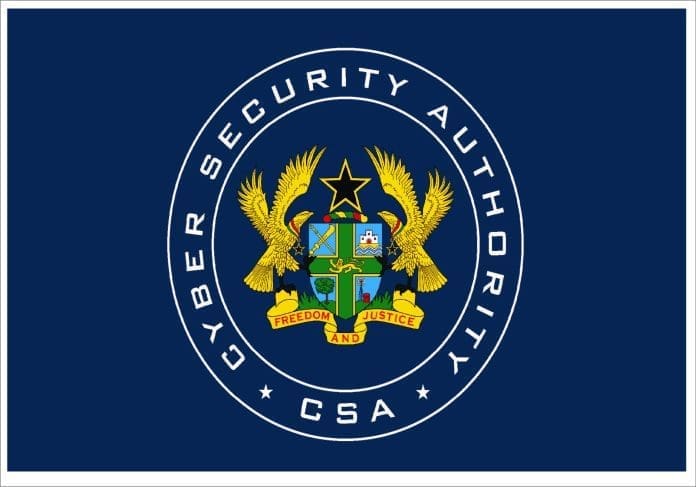Ghana has lost more than GH¢19 million to cybercrime between January and September 2025, representing a 17 percent increase compared to the same period last year, according to new data from the Cyber Security Authority.
Colonel George Eduah Bessi, Head of Law Enforcement and Liaison at the CSA, disclosed the figures during a cybersecurity awareness webinar organised by the Africa Centre for Digital Transformation. The data underscores the growing threat of online crime to Ghana’s economy and citizens.
The country recorded 2,008 cyber incidents in the first half of 2025 alone, marking a 52 percent rise from 2024. That’s over four incidents reported every single day, and the trend shows no signs of slowing down.
Online fraud remains the most prevalent form of cybercrime, accounting for 36 percent of reported cases. This includes mobile money scams, fake investment schemes, and phishing attacks that continue to trap unsuspecting Ghanaians. Online fraud alone accounted for GH¢12.87 million in losses, representing nearly two-thirds of the total financial damage.
But it’s not just about money. Cyberbullying, which disproportionately affects women and young people, represented 25 percent of all reported incidents. The psychological toll of these attacks remains difficult to quantify, yet the impact on victims can be devastating.
Impersonation scams followed with GH¢5.66 million in losses, while online blackmail cost victims nearly GH¢595,000. Other forms of cybercrime included shopping scams, fake loan offers, romance and job scams, and unauthorised access to online accounts.
The CSA hasn’t been sitting idle. In response to this troubling trend, the authority has ramped up enforcement efforts by blocking over 1,300 SIM cards linked to network-related crimes. The crackdown targeted various telcos, with different categories of cybercrime prompting specific actions across MTN, Telecel, and AT networks.
Beyond mobile cases, the CSA also shut down 203 fraudulent websites and deactivated 738 impersonation accounts posing as Members of Parliament, government officials, and public figures. These fake accounts have become increasingly sophisticated, making it harder for ordinary citizens to distinguish between legitimate and fraudulent communications.
The figures tell a story that many Ghanaians already know from personal experience. Nearly everyone has received a suspicious text message, a too-good-to-be-true investment offer, or knows someone who’s fallen victim to an online scam. What’s changed is the scale and sophistication of these operations.
As Ghana continues its digital transformation journey, the question isn’t whether cybercrime will remain a threat. It’s whether the country can build resilience fast enough to protect its citizens and economy from an increasingly bold criminal ecosystem that evolves faster than most security measures can keep pace.
Source: newsghana.com.gh











